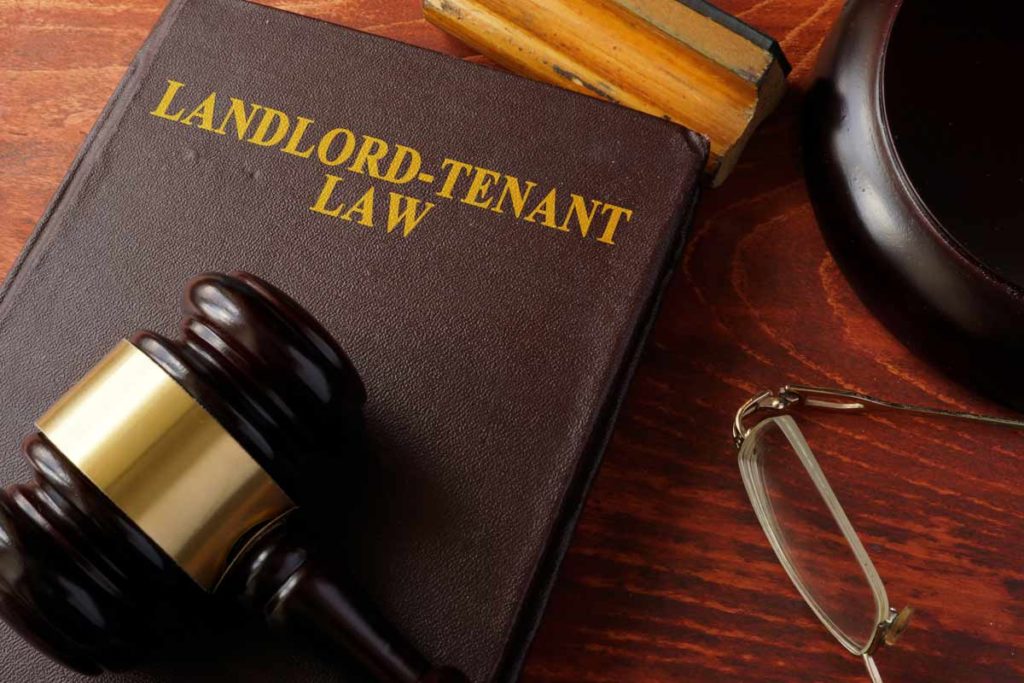A past-due utility bill can be a point of friction between landlords and tenants. Is the landlord responsible if the tenant vacates the rental property and leaves the outstanding utility bill? The rules for who is responsible for the utility bill can vary by the type of account, company, and region where you live.
What Utilities Do Renters Pay?
The typical utilities found in an apartment include:
- Electricity
- Garbage
- Gas
- Internet and cable
- Sewage
- Water
Cable and internet or security fall under “non-essentials” and usually fall to the tenant. Responsibility for the rest of the utility bills can vary.
Before asking who is responsible for unpaid utility bills, you must go back to the lease agreement. This legally binding contract should carefully define landlord/tenant responsibilities surrounding public utility services.
Under California law, landlords must supply access to utility services at their rentals and cannot shut off these services if the tenant doesn’t pay rent. State laws don’t define who pays for these services. The lease document should cover who is responsible for setting up and paying for these utility company services.
Some landlords pay some or all of the utilities themselves, rolling the costs back up to the renter. In these instances, the landlord must:
- Have fair pricing for these services, meaning you cannot markup utility prices to make a profit. You can charge a small administrative fee.
- Provide tenants with a breakdown of how much they’re paying for their monthly utilities. This becomes more complex when tenants share an apartment complex meter.
- Still provide utilities to the tenant, even if you, as the landlord, fail to pay for the service. In these cases, tenants have the right to protect themselves from losing utilities by setting up their own account to pay the bill and restore services.
- Accommodate tenants who have medical issues with at-home equipment. These tenants often qualify for a reduction in utilities. It’s usually easier for the property owner to make an exception and allow these tenants to set up their own utility accounts to take advantage of these reduced costs.
These complexities apply to property owners who prefer to allow tenants to handle their utilities. Again, defining what utilities renters pay versus what the landlord handles must be defined and understood upfront before the lease is signed.
But what happens when the utility bills are late or unpaid?
Who is Responsible for Unpaid Utility Bills

Who is responsible for unpaid utility bills depends on the following:
- What utilities do renters legally pay as defined in the lease.
- Whose name is on the utility bills?
If your renters pay you and you pay the bills, you are responsible to the utility company. This is true even if the renter fails to pay you. Many times, the landlord ends up pocketing the losses and moving on. Unless it’s the water bill.





